Lead Boldly.
Achieve More.
Elevate Your Impact.
Executive & Leadership Coaching
When you choose Don Frericks as your executive coach - you are stepping into a transformative journey that will elevate how you lead and inspire. Don uncovers hidden growth opportunities and tracks measurable progress to ensure lasting success. The results of working with Don Frericks are tangible and will affect your business results. By breaking through personal and professional barriers, you will unlock your full potential and drive meaningful, lasting growth for yourself and your organization. This isn’t generic coaching—it’s a proven system for high-performance leadership. Don’s clients report stronger executive presence, faster decision-making, and greater influence.
“Our process is designed to consistently drive measurable
improvements in leadership performance.” – Don
-
Executive Leadership Coaching
Go beyond traditional executive coaching with a personalized approach that accelerates growth, removes roadblocks, and transforms a core strength into a powerful leadership edge. You'll address real challenges, shift limiting mindsets, and build lasting habits—backed by measurable results and guaranteed improvement through our 360 assessment.
-
Executive Team Coaching
Build trust, collaboration, and synergy to turn groups into high-performing teams. Your leadership team will address what's holding them back, strengthen their commitment to one another, and develop a more powerful collective impact—shaping culture and driving the organization forward.
-
Leadership Training & Development
Create sustainable habits through hands-on learning and coaching. Stop training people on leadership and start placing emphasis on developing leadership skills and habits. With an emphasis on leadership practice, mentoring and accountability to grow, your training will be transformed into a transformative experience.
Why work with Don?
Unparalleled Expertise: With over 35 years of experience as a corporate executive, organizational effectiveness consultant, and coach, Don blends real-world insights with leadership strategies.
Tailored Solutions: There are no cookie cutter packages. Each engagement is uniquely designed to address specific challenges and goals.
Proven Results: Leaders coached by Don experience measurable growth, with improvements like sharper communication, increased confidence, and enhanced team dynamics.
Long-Term Growth: Don’s coaching focuses on sustainable growth that continues long after your sessions end.
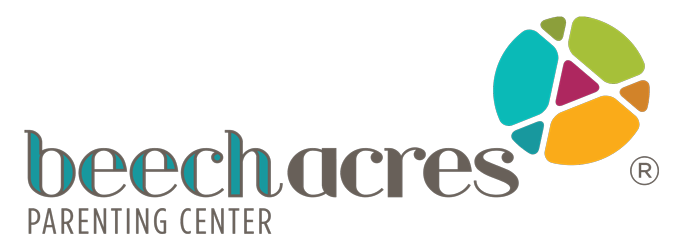
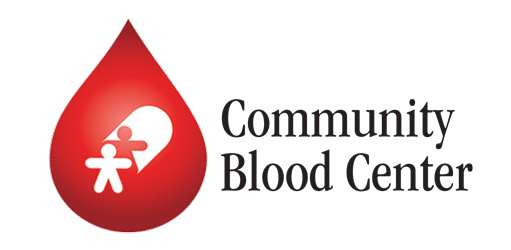

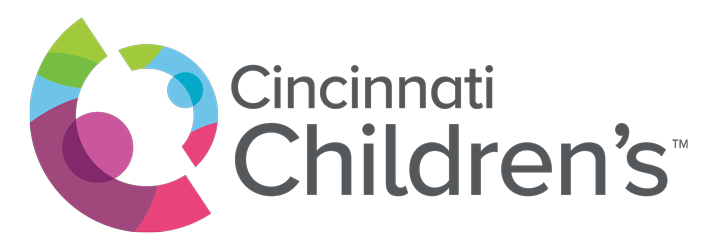

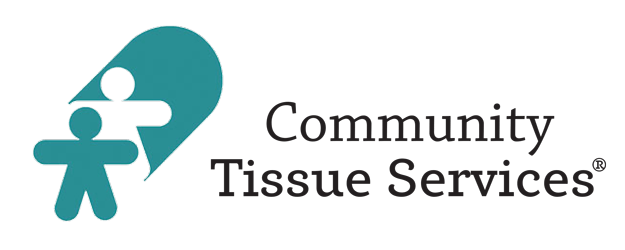

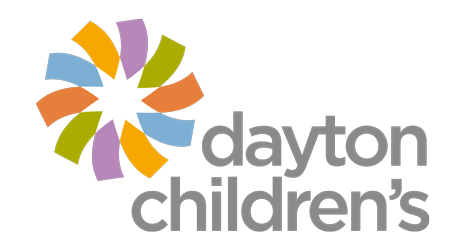


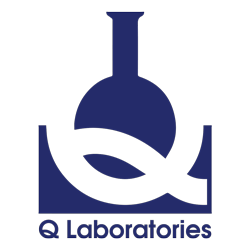


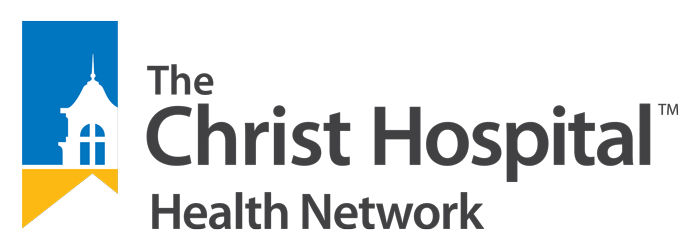
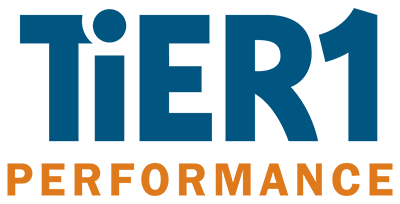
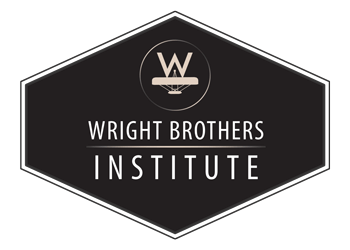

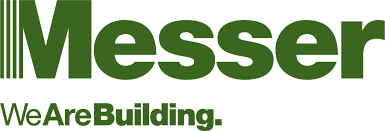
Ready to Lead at Your Best?
Lead with confidence, inspire your team, and drive success. Get started today—schedule a complimentary call by filling out the form or signing up for a time on the calendar.
